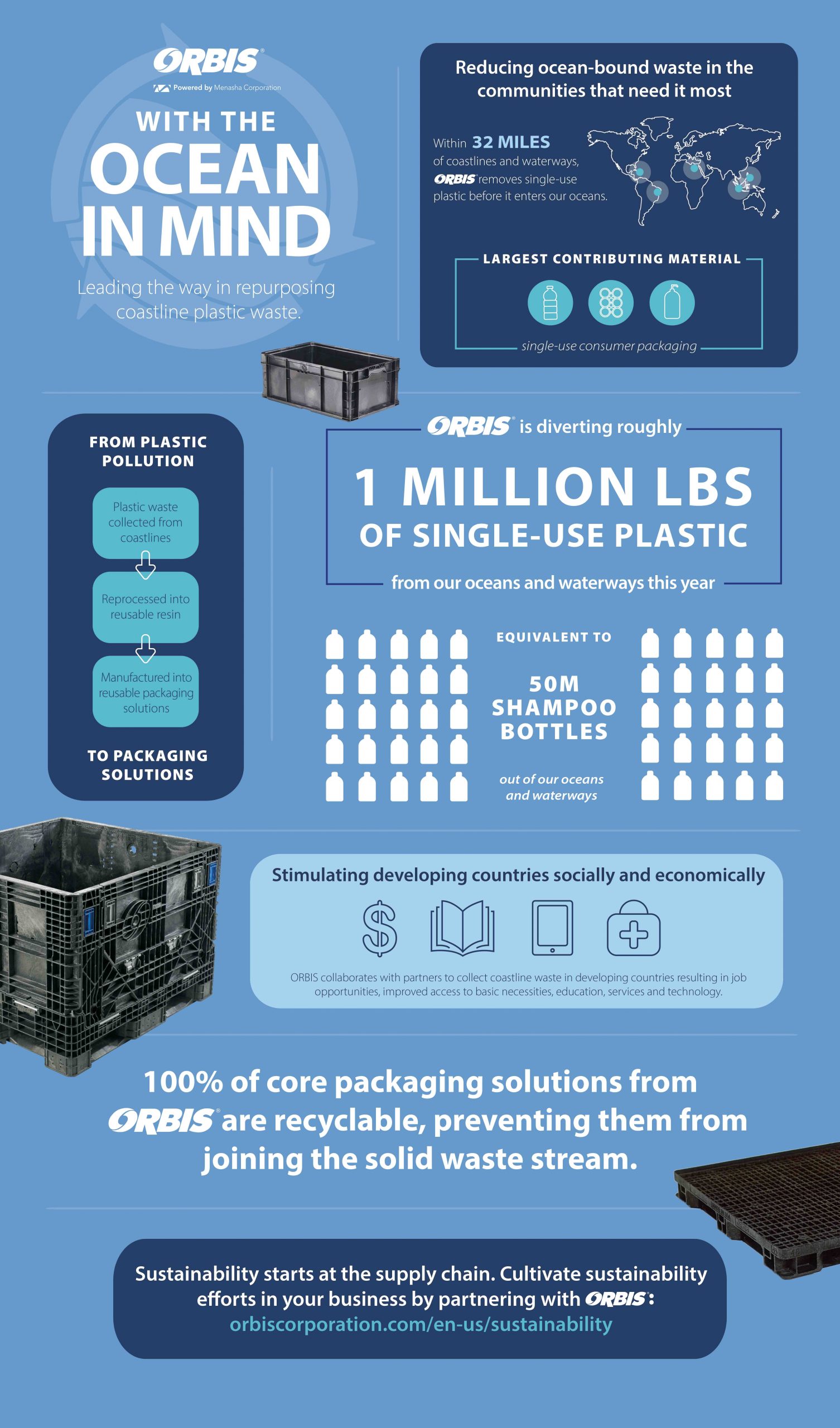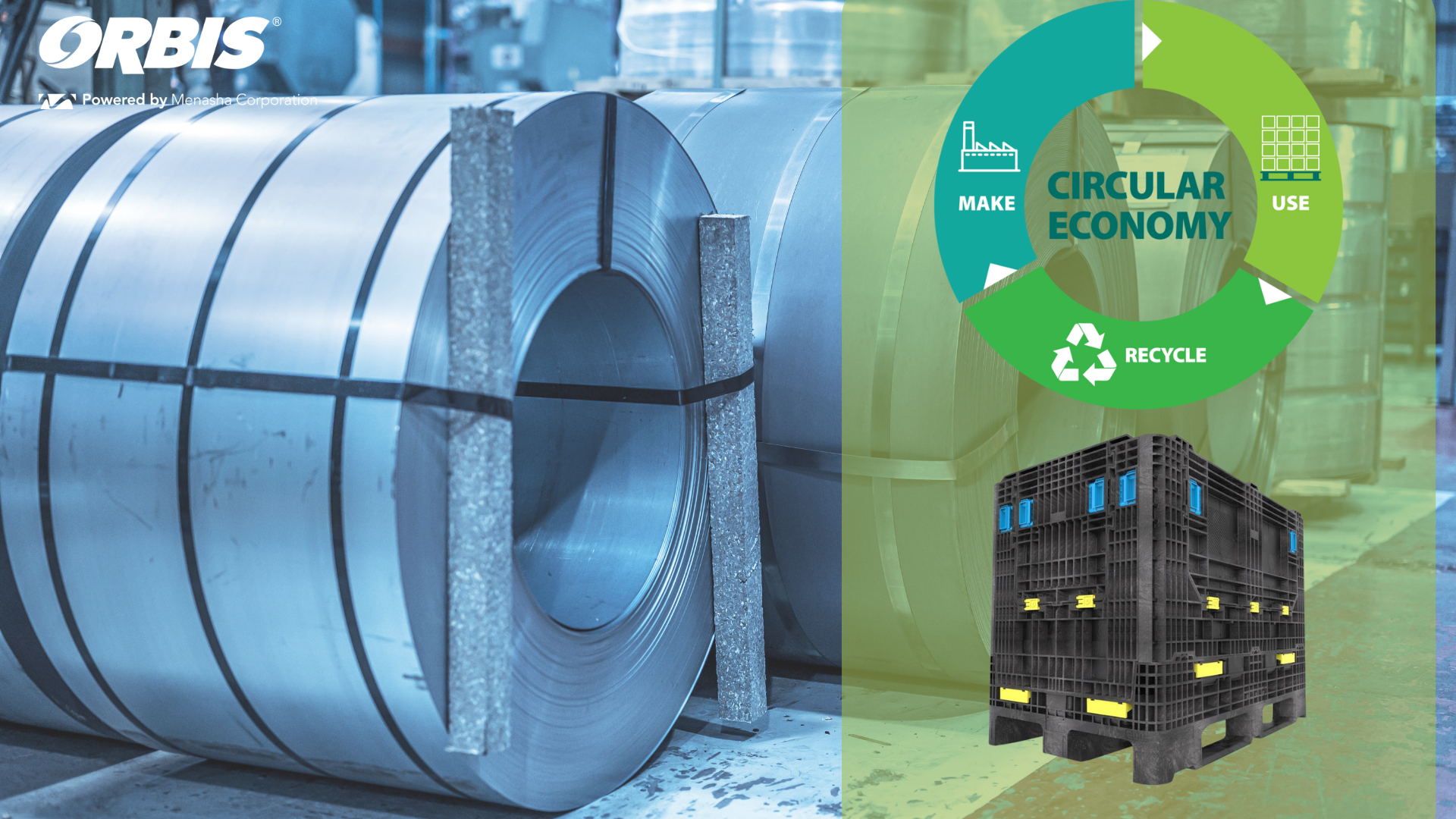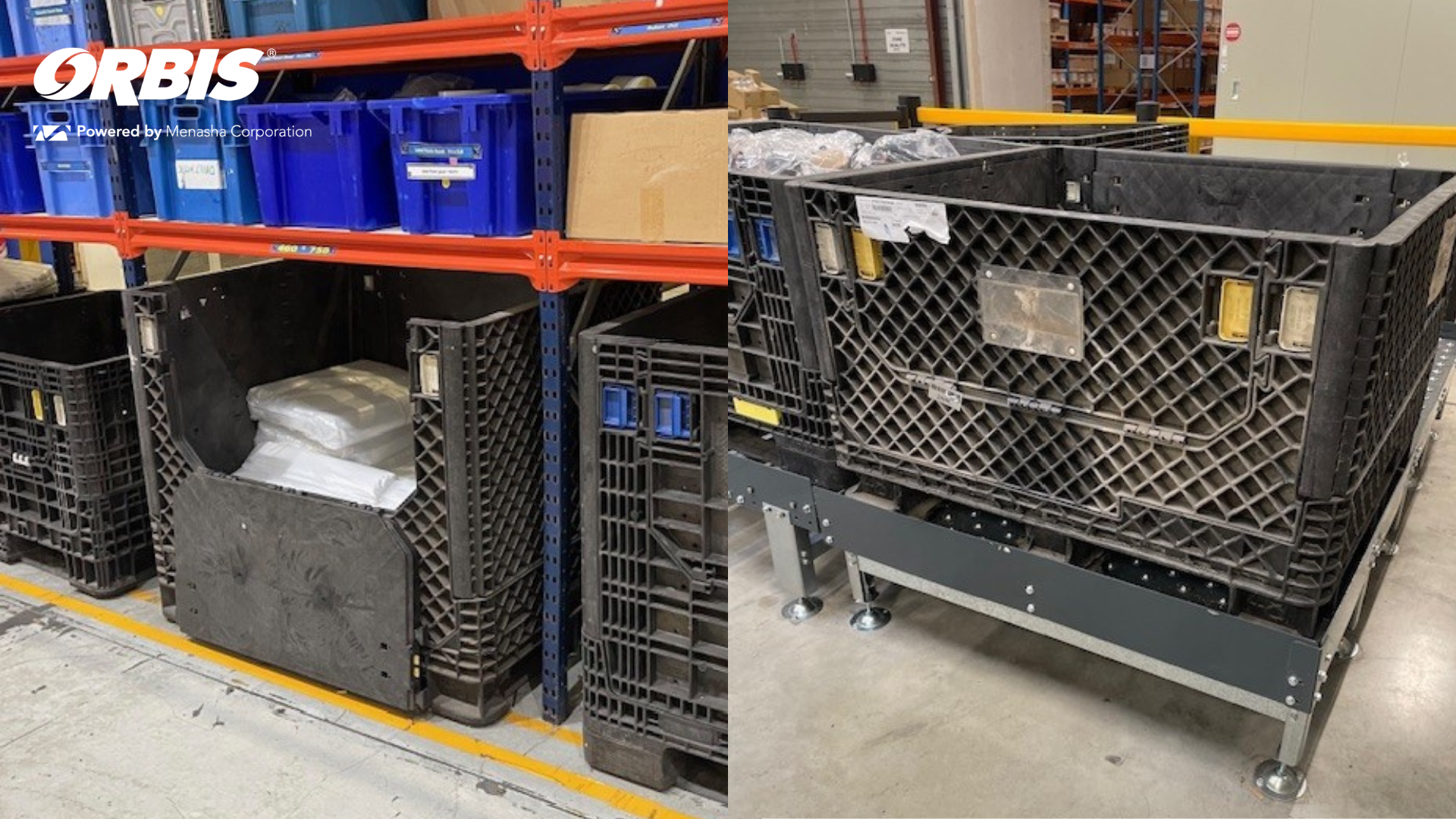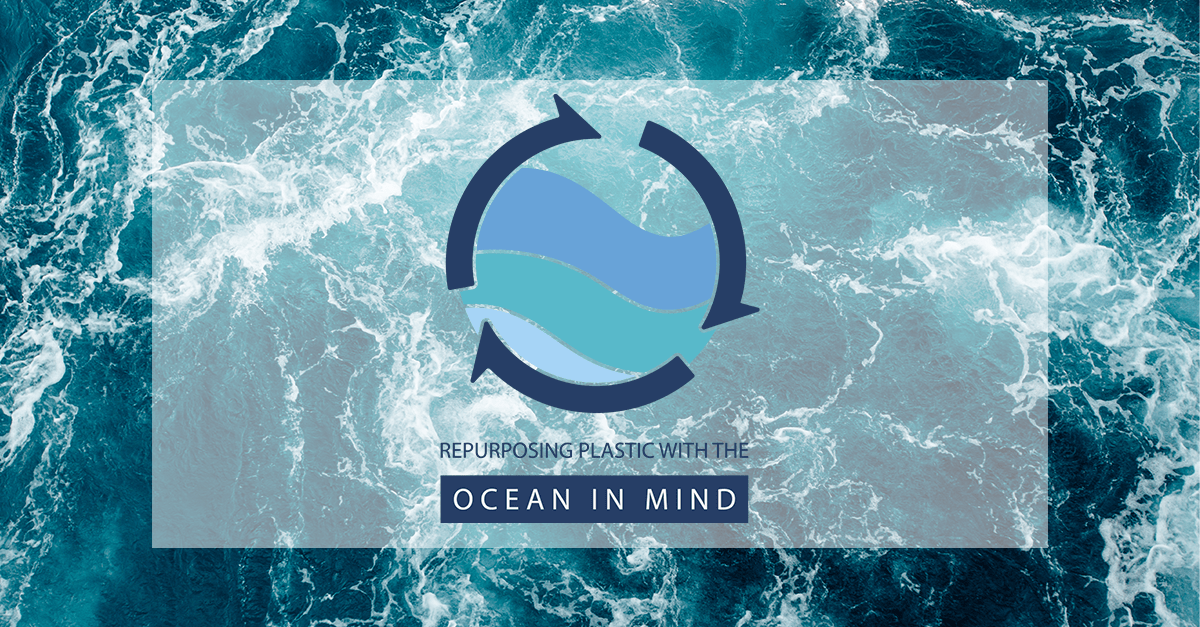
20 Jan Repurposing Plastic Waste into Supply Chain Packaging
REPURPOSING COASTLINE WASTE INTO TRANSPORT PACKAGING
WITH THE OCEAN IN MIND

Did you know that 8 billion kilograms of single-use plastic enter our oceans each year? Whether it’s a shampoo bottle or a plastic take away box – many consumer plastic goods are single-use. While useful at the time, large amounts of single-use plastic end up in our oceans every day. Through its Ocean in Mind program, ORBIS is now part of the solution to this massive problem. ORBIS® Corporation partners with suppliers to create a value chain to repurpose ocean-bound single-use plastic waste into sustainable supply chain packaging.
From plastic pollution to reusable packaging solution
The Ocean in Mind process starts with the collection of plastic waste before it ever enters our oceans and waterways. The ocean-bound plastics are mainly collected in developing countries with high levels of single-use plastic waste on their coastlines and unstructured municipal waste programs to manage and collect that waste. It is recovered within 50 km from a coastline and typically consists of single-use consumer packaging waste, including beverage packaging, shampoo bottles, plastic bags, etc.
Once collected, this plastic waste is reprocessed into reusable resin and shipped to ORBIS Corporation facilities in the US to be manufactured into reusable pallets and bins for the supply chain. By design, ORBIS’ reusable transport packaging is extremely robust and can be reused over and over – for a long service life. At the end of the service life, any damaged or obsolete plastic packaging can be returned to ORBIS for recycling into future products. By creating a nearly closed, entirely sustainable raw material cycle, ORBIS prevents plastic from entering our oceans and the solid waste stream and eliminates expendable packaging waste by 100%.
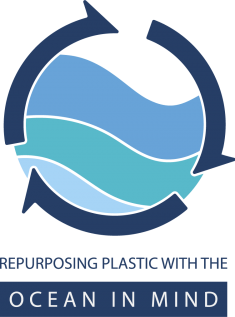
Making a difference
With this new capability from ORBIS, recovered coastline plastic waste is blended with other materials during the ORBIS manufacturing process to create containers and pallets. The material recovery offers a new stream of recycled content for reusable plastic packaging that reduces waste, conserves natural coastlines and supports economies in developing coastline communities. Since the program’s inception in 2020, ORBIS has already diverted roughly 500.000 kg of single-use plastic waste on coastlines from entering our oceans. The equivalent to 50 million shampoo bottles has been repurposed into new packaging solutions.
“We’re proud to offer our customers a durable material that not only meets their packaging needs, but also their sustainability goals,” said Breanna Herbert, product manager and sustainability lead at ORBIS Corporation. “It’s with our customers that we’re able to make the greatest impact and continue to increase the amount of single-use waste we’re diverting from our oceans.”
Stimulating developing countries socially and economically
While ORBIS designed the program to keep plastic out of the oceans, it also brings significant economic and social benefits to the developing countries like Haiti, Egypt, Philippines, Indonesia and Brazil where the ocean-bound plastic waste is collected. When partners like ORBIS purchase ocean-bound plastic waste, suppliers give funds to local in-country development.
These efforts help provide families with basic necessities such as groceries, cooking fuel, school tuition and health insurance, and creates opportunities for communities to achieve economic growth. For example, in one collector community, water filtration systems are being installed to provide collector families with a sustainable way to access clean water. In another community, plastic waste collection is helping to provide over 3.400 tablets to children in need. Collecting coastline waste in developing countries results in improved access to employment, education, services and technology.

Sustainability starts at the supply chain. With the Ocean in Mind program, ORBIS customers get to be part of the solution. The program is currently rolled out at ORBIS Corporation for selected US-produced products only. Connect with ORBIS today to learn how this new material can drive sustainability efforts in your business.
Contact
+49 2233 619 2072

